When a picture says a thousand words about the state of the regulation of mezcal
It’s been a while since a ‘page not found’ or ‘under construction’ sign graced a major website, especially one that used to contain quite a bit of information about a burgeoning industry. All of the data that used to populate the CRM/COMERCAM website – the mezcalero profiles, map locations, agave lists, and even the much ballyhooed and suddenly relevant QR codes – is all gone. Instead visitors are met with a ‘page under construction’ message. Also no longer available, the years of data regarding total production numbers, export figures and value of the market.
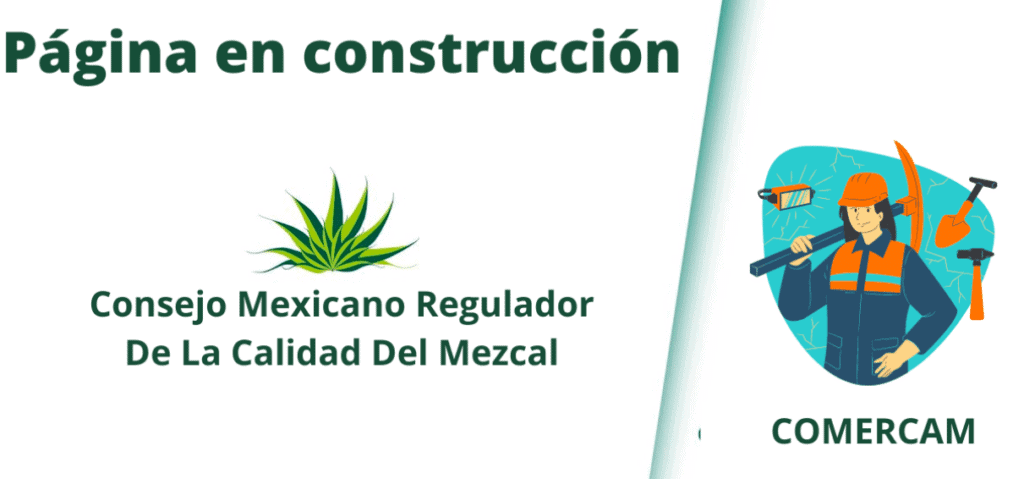
This is a reflection of a larger behind-the-scenes struggle over who is responsible for regulating the mezcal category. As reported earlier this year, CRM/COMERCAM was roiled by an intense struggle over leadership of the organization in an election that pitted Juanito Martinez Santiago and Abelino Cohetero Villegas against one another. Each candidate held separate elections with different constituencies, Martinez was elected by delegates representing CRM/COMERCAM members while Cohetero was elected by more than 1,000 mezcalero members. Cohetero was ultimately recognized as the winner by the Mexican government. As part of that recognition, the Federal government allowed for the creation of a new certifying body, the Asociación de Maguey y Mezcal Artesanal A.C., AMMA for short which is now led by Uriel Terán with the involvement of previous CRM/COMERCAM president Hipocrates Nolasco.
AMMA actually has a functional website replete with a passworded certification platform, its own org chart, though without any names, and all the other trappings of a corporate web site. If you dig through the AMMA’s social media feeds they have been posting quite a bit but if you go back to before July 22, 2021 when the AMMA creation was announced, it’s all predominantly CRM/COMERCAM posts: It’s as if the AMMA organization just grabbed the feeds from the CRM/COMERCAM and made them its own, which in fact is what it did.
We had a chance to speak with Cohetero and clarified a few things with him. The first question we asked was about the name of the organization he now leads which is called COMERCAM. “It has always been COMERCAM, that name never changed. CRM was a marketing and branding move, but the legal entity has always been COMERCAM and we are adhering to that name,” explained Cohetero.
Our second question to him was about that issue of what happened with all of the information that had been on the COMERCAM website and how it ended up on the AMMA website. It all goes back to the day that the COMERCAM offices were broken into and computer hard drives were taken. Each side blamed the other, but the fact that all of that information is now on the AMMA website lends credence to the charge it had absconded with them. Meanwhile, COMERCAM has all of the actual paperwork that was used in the creation of the online website and is uploading that information while simultaneously creating new software systems and structure.
All of this is happening while the entire idea of mezcal is in flux. A veritable Pandora’s Box may have been opened after the TTB formally permitted “agave spirits” in the United States. Pioneers of that category like Almamezcalera and Cinco Sentidos had to hustle to establish themselves without the benefit of being certified as “mezcal,” and the number of brands launching without certification has jumped significantly ever since. Existing brands are joining the trend: last year Real Minero, one of the more storied brands in the business, stopped certifying its mezcal in a very quiet manner – no announcement, just new bottle labels. Other states and regulatory bodies continue to jostle for permission to use the word “mezcal” – the latest move in October was to add some areas of Sinaloa to the mezcal appellation which is now being contested by Oaxacan lawmakers. These are just a few of the foundational changes to the international concept of what mezcal is and can be, happening in real time.
It does beg the question of who is in charge of regulating mezcal. COMERCAM was once the only organization responsible for overseeing mezcal. Five organizations now have been granted the permissions to certify mezcal and provide the necessary holograms and export papers. It would seem this would lead to a bit of chaos but in fact, this is a deliberate move by the Mexican Federal government to allow for greater competition which is seen as beneficial to the producer. With several options, producers can now weigh who has better pricing and efficiency when it comes to certification. There is a thought among various people on the ground that this could be a test case for the government to eventually break up the CRT, the entity that controls the Tequila category, though that seems a monumental task.
In the world of mezcal regulation things are never simple and streamlined, and we are likely looking at a few years of this shaking out as new certifiers ramp up their systems and COMERCAM rebuilds its website. When asked about whether or not the different certifying bodies would coordinate efforts, Cohetero indicated there was communication between the groups and coordination was likely. But some serious questions remain, primarily, will we see more brands abandon the certification path? That would certainly be a major change of course for many producers that have benefitted from the protections that certification provides. Born out of a period of time when adulterated and dangerous products were labeled mezcal, the implementation of rules and regulations is relatively new, and not immune to missteps or corruption. One thing we can say for sure, is that the landscape of mezcal regulations is evolving, and hopefully in a way that benefits and protects both producers and consumers.
We’ll see where this goes.


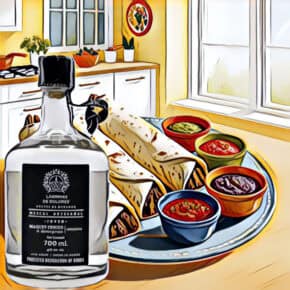
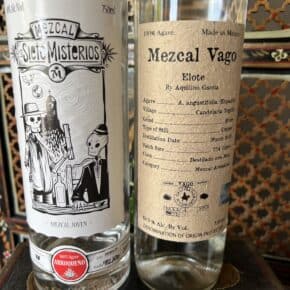
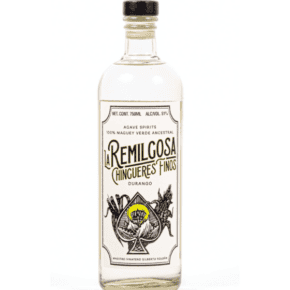
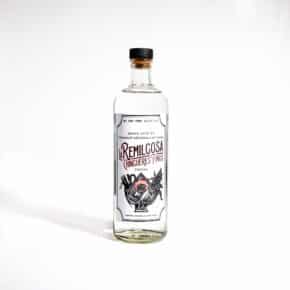
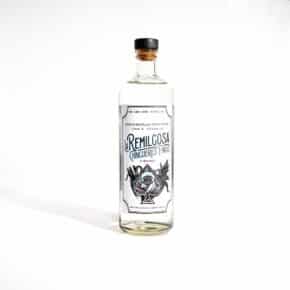






Leave a Comment